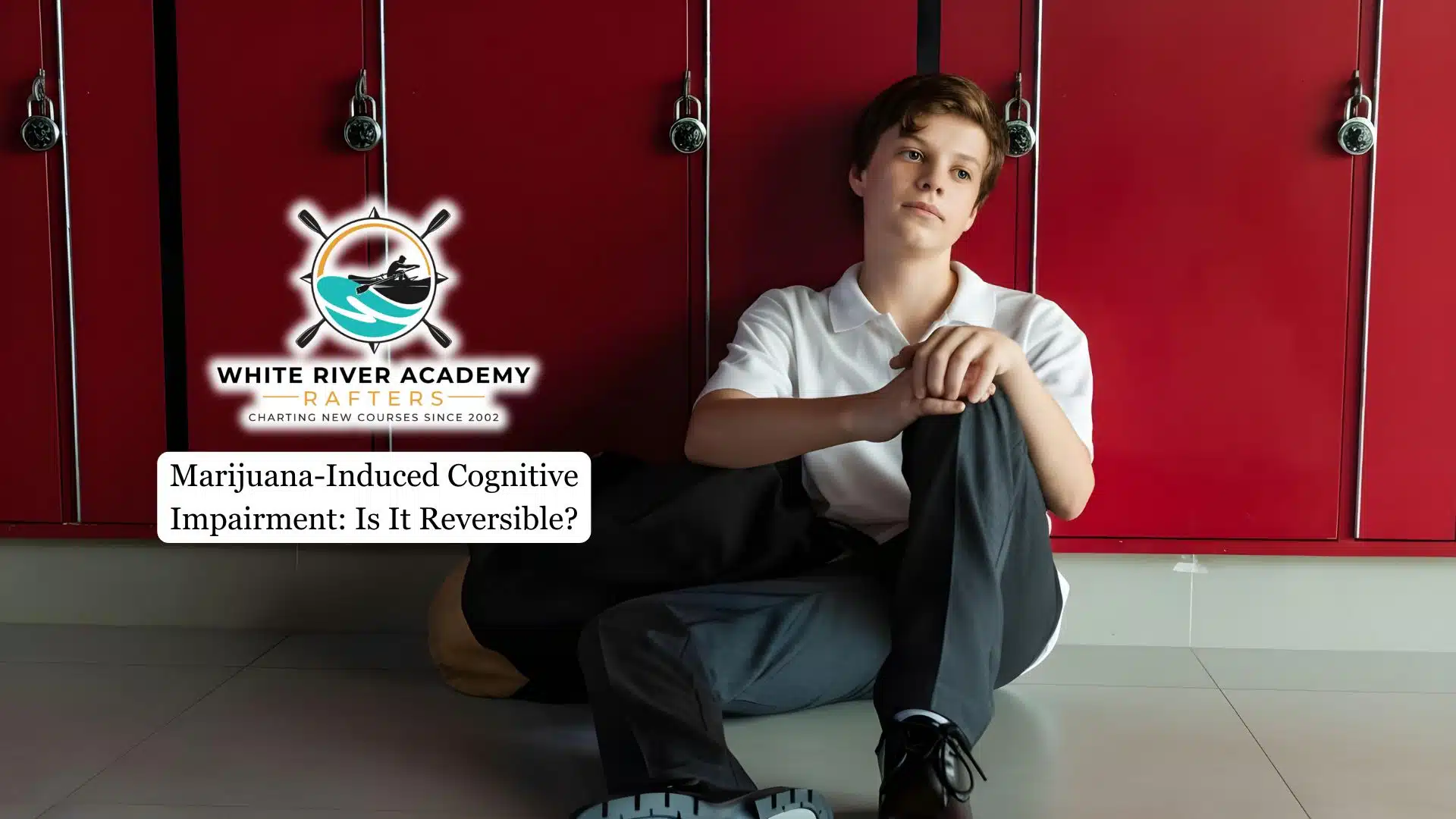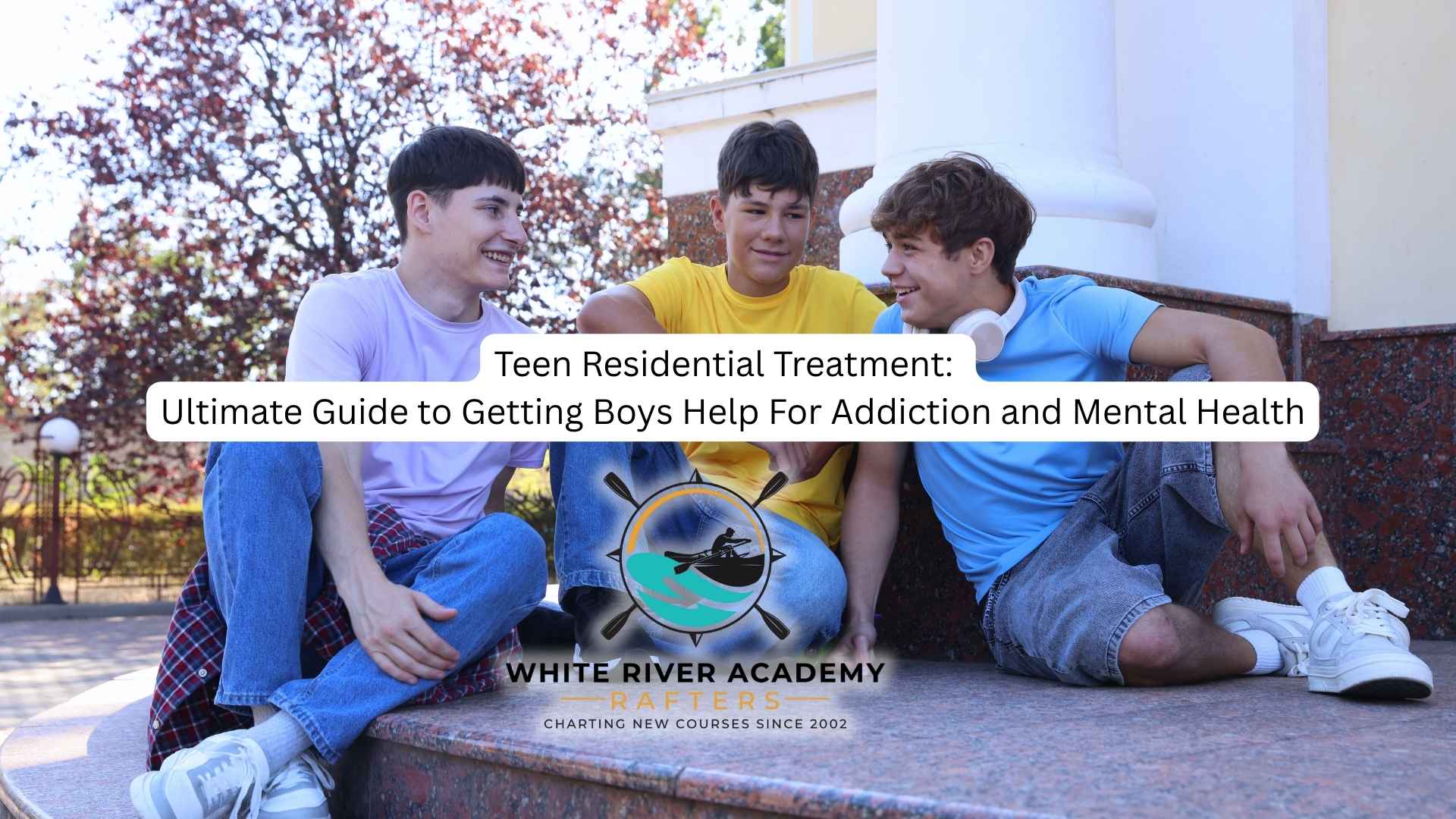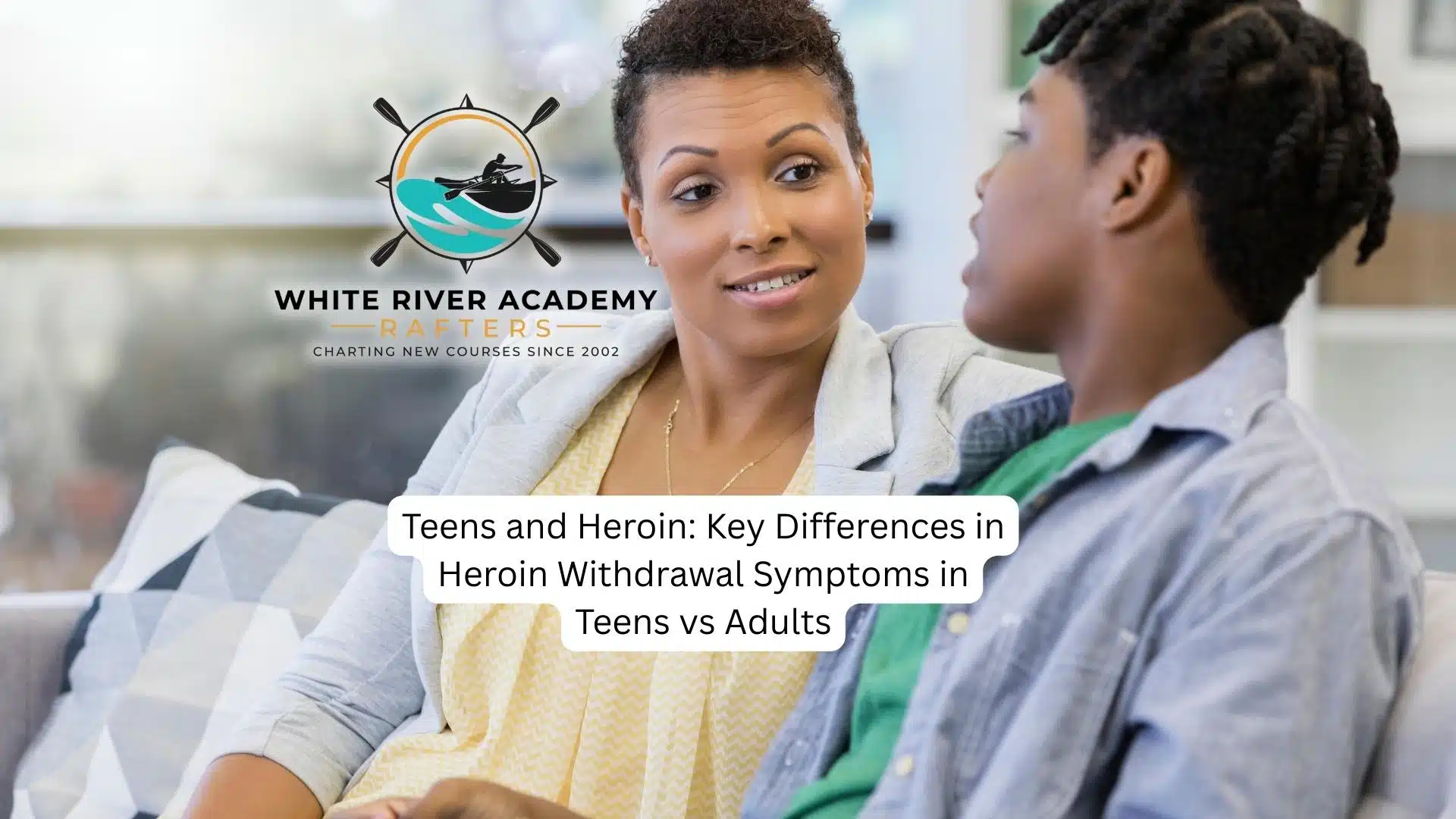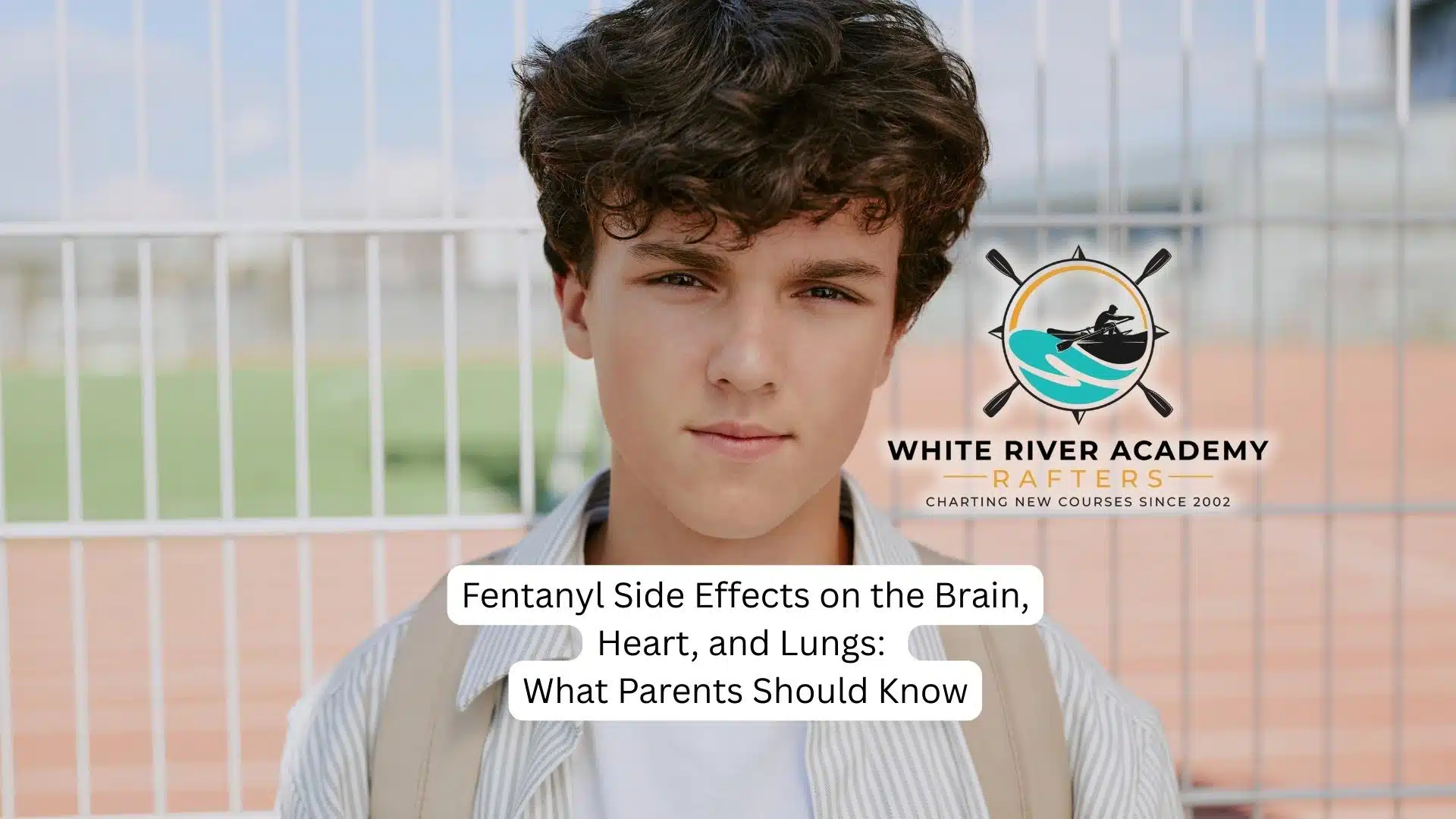Marijuana is among the most commonly used recreational substances worldwide, with its prevalence influenced by changing laws and broader social acceptance. Although it is often perceived as relatively low-risk compared to other drugs, scientific research continues to examine its potential impact on brain function.
This article answers whether the cognitive impairments associated with marijuana use are permanent or can improve with abstinence and recovery over time.
How Marijuana Interacts with the Brain
The primary psychoactive compound in marijuana is THC (tetrahydrocannabinol). THC interacts with the brain’s endocannabinoid system by binding to cannabinoid receptors, primarily CB1 receptors. These receptors are abundant in brain areas that regulate learning, memory, reward, and decision-making.
For example, the hippocampus, which plays a vital role in memory formation and recall, is highly sensitive to THC. The prefrontal cortex, which governs impulse control, planning, and problem-solving, is also disrupted when THC alters normal communication between neurons. In the basal ganglia, which is tied to motivation and reward processing, THC overstimulates pathways that can dull motivation over time.
In the short term, cannabis can distort perception, slow reaction time, and cause lapses in working memory. However, long-term or heavy use has been linked to measurable declines in cognitive performance. In some cases, changes in brain structure correlate with difficulties in learning and focus.
Can Marijuana-Induced Cognitive Impairment Be Reversed?
Research suggests that many of the cognitive deficits linked to marijuana use are at least partially reversible, particularly with sustained abstinence. Short-term improvements in memory, attention, and brain activity have been observed within just a few weeks of quitting, with imaging studies showing signs of normalization in the hippocampus and prefrontal cortex.
Over longer periods, typically several months, light to moderate users often recover much of their mental function, while heavy or long-term users may experience slower or less complete recovery.
Age also plays a critical role in these outcomes. Adults who stop using cannabis tend to show stronger rebounds in cognitive performance, whereas adolescents, whose brains are still undergoing significant development, may face more persistent or lasting impairments from early exposure.
For teens who are struggling to quit, enrolling in a marijuana addiction treatment program can provide the structure, guidance, and support needed to sustain abstinence and maximize cognitive recovery.
Effects of Marijuana on Cognitive Function
Memory and Learning Difficulties
One of the most well-documented effects is impaired memory. THC disrupts hippocampal activity, making it harder to encode new information or retrieve previously learned material. This explains why regular users often report forgetfulness or difficulty with academic and work performance.
Attention and Concentration Problems
Sustained focus is another area affected. Studies using neuropsychological testing consistently show that frequent weed users perform worse on attention and processing speed tasks compared to non-users. This effect can be especially problematic in adolescents, whose attention networks are still maturing.

Executive Function Deficits
Executive functions, such as planning, decision-making, and impulse control, are largely controlled by the prefrontal cortex. Cannabis use can impair these skills, leading to difficulty managing time, making sound decisions, or resisting impulsive behaviors. This can eventually interfere with school, work, and relationships.
What Affects the Severity of Cognitive Impairment?
Age at First Use
Adolescents are at greater risk because their brains are still undergoing significant development, especially in regions tied to memory and executive function. Early and frequent use can interfere with synaptic pruning and myelination, processes essential for efficient brain signaling.
Frequency and Duration of Use
Occasional cannabis use tends to produce mild and often temporary effects, but daily or long-term use greatly increases the risk of lasting impairment. Chronic exposure repeatedly floods the brain’s cannabinoid receptors, leading to changes in neural connectivity.
THC Potency
Modern marijuana products often contain much higher THC levels compared to those of past decades. This higher potency intensifies both the short- and long-term cognitive effects, increasing the risk of dependency and more pronounced impairments.
Co-Occurring Factors
Pre-existing mental health conditions, such as depression or anxiety, as well as the use of other substances, can amplify the negative impact of weed on cognition. Genetics may also play a role, as certain individuals appear more vulnerable to THC’s disruptive effects.
How to Support Cognitive Recovery
The single most important step in cognitive recovery is reducing or eliminating marijuana use. Continued exposure keeps THC active in the brain, preventing healing. Exercise also increases blood flow to the brain and boosts neurogenesis, while a balanced diet rich in omega-3 fatty acids supports neural repair. Adequate sleep is equally critical, as this is when the brain consolidates memories and clears toxins.
Engaging in mentally stimulating activities, such as puzzles, reading, learning new skills, or memory games, can help rebuild cognitive pathways. These activities encourage neuroplasticity, allowing the brain to adapt and recover lost functions.
Final Thoughts from White River Academy
Marijuana can have a significant impact on memory, attention, and executive function, particularly when it begins in adolescence. However, research consistently shows that many of these impairments are reversible, especially with early intervention and sustained abstinence. The brain’s ability to adapt through neuroplasticity offers real hope for recovery and long-term cognitive health.
At White River Academy, we offer marijuana addiction treatment tailored for adolescents in Utah, helping young people not only stop substance use but also rebuild their confidence, focus, and overall well-being. If your child is struggling with dependence on weed, seeking professional help can be the first step toward both healing the brain and protecting their future.




